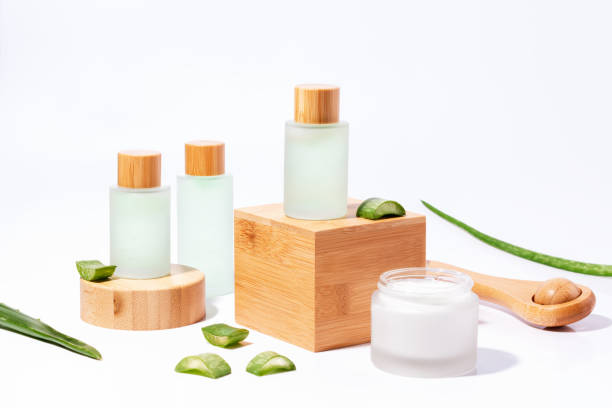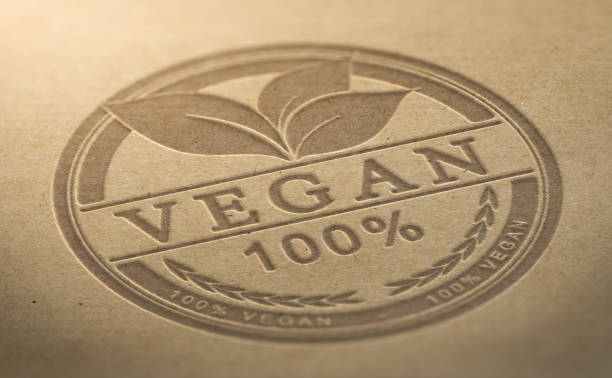
For some people, being “vegan” alludes to a diet where practitioners avoid consuming any type of animal products. That means no meat, no dairy, no poultry or anything that derives from an animal. As you can imagine, it takes much dedication to refrain from eating the aforementioned food groups, especially with a restaurant dedicated to these particular foods seemingly located on every corner.
However, despite what some people may believe, being a vegan actually goes beyond what one puts into their body; for many people, it’s a lifestyle. It emphasizes the importance of not eating or using any animal products from food to clothes to skincare. As potentially hard as it is to stay the course of maintaining a vegan diet, it’s even more difficult when living a vegan lifestyle and not finding too many effective vegan-friendly skincare products.
To put it simply, the struggle is real.
Thankfully, though, it’s not impossible to maintain living a vegan life these days. With an influx of people adapting to the vegan lifestyle, many brands have taken notice and are now making more vegan-friendly beauty products that not only get the vegan stamp of approval but also work amazingly.
With the abundance of vegan skincare products now available in most stores and even an entire aisle in some stores solely for organic and natural skincare (Thank you, Whole Foods!), it’s still necessary to read the label and ingredients list to ensure you’re getting what you’re expecting while shopping for your vegan goods.
RELATED: Beat The Winter Chill With These Skincare Hacks
Vegan Labels

If you’re not sure what to look for or need a better understanding of labels and ingredients of skincare products, here’s a breakdown of some of the labels you’ll see on different products:
Certified Vegan
If you see this on a product, know that it’s all good. This label means it’s not tested on animals and is 100% free of any animal-derived ingredients or animal by-products.
Leaping Bunny
This means the company and their ingredient suppliers do not conduct or commission any animal testing of their products. Companies must agree to recommit annually and may require a company’s supplier monitoring system to be submitted to an independent audit.
100% Vegetarian
Products with this label don’t contain animal ingredients but may contain animal by-products.
Not Tested on Animals
This label means none of its products and ingredients have ever been tested on animals and must not contain any ingredients derived specifically from killing an animal or provided as a by-product from killed animals.
Companies pay to use and license the Choose Cruelty-Free (CCF) rabbit logo and are required to undergo regular re-accreditation to ensure they continue to adhere to the CCF Accreditation standards.
Cruelty-Free
Verified by PETA, the company and their ingredient suppliers provide a signed statement verifying they do not conduct, commission or pay for any tests on animals.
RELATED: What Those Hard To Say Beauty Ingredients Really Mean
Non-vegan ingredients to watch out for
In addition to looking for specific labels on beauty products, also take note of the following non-vegan ingredients that are commonly used in a number of beauty products:
- Lanolin: Derived from sheep wool, lanolin, is a common ingredient in lip products such as lip balms, glosses and hair products.
- Beeswax: Commonly used in mascara and lip balms, beeswax, is also sometimes labeled as “Cera alba.”
- Collagen: This ingredient can be found in many anti-aging and lip plumping beauty products and is derived from animal tissue, bone, skin or ligaments - typically from cows.
- Carmine: Red pigment that comes from crushed cochineals and is found in lipsticks, nail polishes and blushes. Sometimes referred to as Natural Red 4.
- Gelatin: This gel-like substance comes from the boiling of cow and pigs skin, tendons, ligaments and/or bones in water. Often used in beauty products such as shampoos and face masks.
- Squalene: Derives from shark liver oil and is used in lubricating creams and lotions.
While some companies proudly display their vegan status on their product labels, others may be more subtle. So if you’re in the market for vegan beauty products, be sure to pay close attention to certain labels and ingredients to ensure you’re getting what you expect.

Shawna Davis is a wellness journalist and the founder and creator of the wellness lifestyle blog, Flowing and Froing. Beyond the blog, she is a certified yoga instructor, wife, dog mama and is a natural hair enthusiast that’s passionate about health, wellness, and beauty. You can follow her on Instagram @itsshawnadavis.









